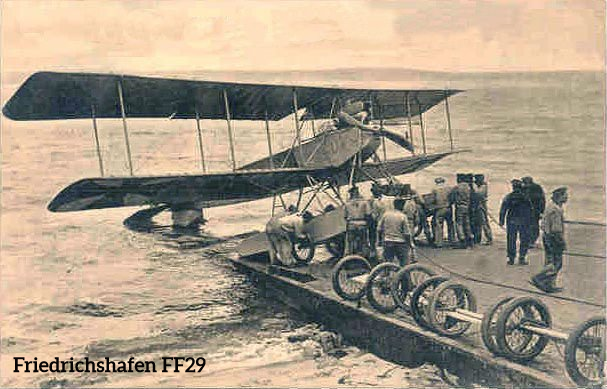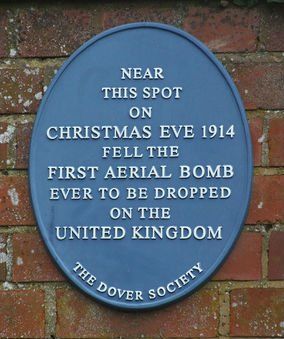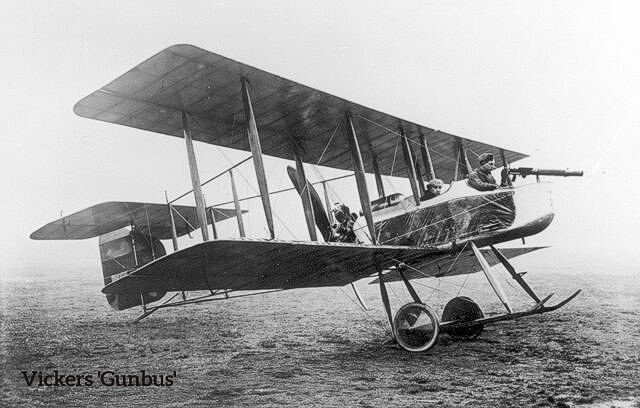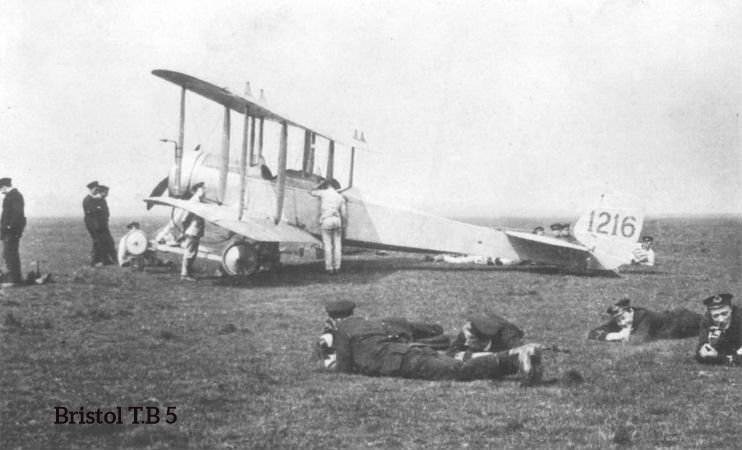24 December 1914
Bombed: Kent
The first attempt to bomb Britain from the air took place on 21 December 1914. On that day a German floatplane, a Friedrichshafen FF29, no. 203 of the navy’s Seefliegerabteilung 1 (SFA 1), piloted by Oberleutnant-zur-See Stephen Prondzynski with Fähnrich-zur-See von Frankenberg approached Dover without warning at about 13.00 hrs. It seems few actually realised Dover was under attack when two bombs fell into the sea. A few days later the newspapers announced, “It is now stated that two heavy reports which were heard at Dover…, and attributed to the firing of guns, were caused by the dropping of bombs from a German aeroplane. The missiles fell into the water to the west of the Admiralty Pier.”
Three days later, on Christmas Eve, another Friedrichshafen FF29 – no. 204 – of SFA 1, attacked Dover again. Taking advantage of cloud cover, and flying at about 5,000 ft, the aircraft arrived unnoticed over Dover, coming from the direction of Deal and appearing through a gap in the clouds. A newspaper report described how “Dover was startled this morning at about a quarter to eleven by the loud report of a bomb exploding. The whole town was at once in a great state of excitement.
An eyewitness described hearing a “whizzing sound,” and then, looking up, “saw an object falling, with smoke following in its trail.” The single bomb, the first dropped on England from the air, landed in Thomas Terson’s garden just off Taswell Street, at the back of St. James’s Rectory, gouging a crater nine feet long, five feet wide and five feet deep; it landed just over 300 metres from the walls of Dover Castle. Windows up to 200 metres away were shattered, and one piece of shrapnel landed at a similar distance on the veranda of a house in Victoria Park. Broken window glass showered the cook working at the rectory but she emerged unscathed, as did the gardener, John Banks, blown from a tree while cutting evergreen branches for Christmas decorations.
Two defence pilots searched for the raider but its height advantage and the cloud cover made their task impossible.
25th December 1914
Bombed: Kent
Friedrichshafen FF29, no. 203, flown by Prondzynski and Frankenburg, that had dropped bombs in the sea off Dover on 21 December, returned to British skies again on Christmas Day. Aided by the foggy conditions, the aircraft passed unnoticed until flying over Sheerness at about 12.30pm, pursuing a westerly course up the River Thames at 7,000ft. Anti-aircraft guns opened fire.
News of the approaching aircraft alerted the RFC airfields at Joyce Green, Farnborough and Brooklands and the RNAS stations at, Eastchurch and Grain. Shortly before 13.00 spotters saw it again, flying at about 4,000ft over Gravesend, then Dartford, as it edged closer to London. However, at 13.13 a British aircraft appeared over Erith, and that, combined with the anti-aircraft fire, persuaded the raiders to turn away from the city. The intercepting aircraft was a Vickers F.B.4 ‘Gunbus’ from Joyce Green piloted by 2nd Lieut. Montagu Chidson with Cpl. Martin as observer/gunner. A chase now developed over Purfleet and Tilbury, as Prondzynski began to climb before he turned across the Thames to the Kent side of the river. At about 13.35 the German pilot, believing he was over Sheerness, dropped his two bombs, claiming he targeted oil storage tanks there, but in fact they landed harmlessly near Cliffe railway station on the Isle of Grain. Martin, firing a Vickers Maxim, engaged the raider and possibly scored some hits as the Friedrichshafen sustained minor damage. But beyond Sheerness, Chidson and Martin’s pursuit came to an end. With the engine running badly and the maxim jammed there was little more they could do so they put down at Eastchurch.
Spectators at Southend had been watching the battle from the pier and unofficial reports claim two other British aircraft joined in the engagement, but official reports do not confirm this. However, a Bristol T.B.8 from Dover, flying over Herne Bay, saw the departing raider and attempted to intercept but could not match its speed and returned to base after a short pursuit.
Back safely at their base at Zeebrugge, both Prondzynski and Frankenburg received the Iron Cross for their exploits.
Casualties: 0
Damage: £40



